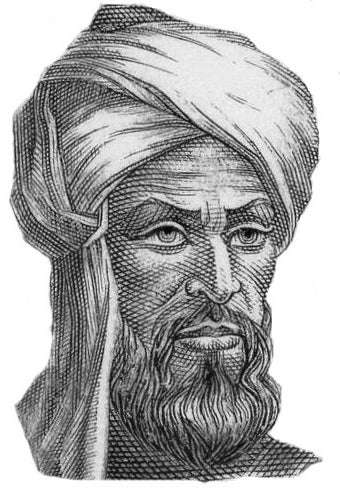
Contemporary mathematics resulted from advances and exchanges of knowledge between cultures from every corner of the globe. Math is, historically speaking, a genuinely multicultural project.
One mathematician whose contributions were sadly neglected or covered over for a time is the Persian and Islamic mathematician Al Khwarizmi. He lived from around 780 to 850 CE, and historians often describe him as the most influential mathematician of the Islamic Golden Age.
At that time, the Islamic world was a powerhouse of scholarship and learning, and the libraries of Baghdad were the scene of startling discoveries in mathematics and science. Later Enlightenment-era European scholars claimed some of those advances as their own, without always acknowledging the Islamic influences on their supposedly new findings.
In the Faculty of Mathematics at the University of Waterloo, we honour the legacy and contributions of all the diverse cultures and scholars that came together to create the beautiful field of mathematics. Learn more below as we explore the top eight facts about the Islamic mathematician Al Khwarizmi.
- He was a prominent director of a famous library in Baghdad called the House of Wisdom.
- He translated and adapted significant mathematical and scientific texts from earlier Greek and Indian scholars. He revised and updated one of Ptolemy's books on cartography and geography.
- He is known as the father of algebra. The word 'algebra' comes from the title of one of his most famous books.
- The word 'algorithm' is derived from the Latinization of his name.
- His full name was Muḥammad ibn Musá al-Khwārizmiyy al-Majūsiyy al-Quṭrubbaliyy. There is a debate about where he was born, with some historians arguing he was born in what is present-day Uzbekistan. Others suggest he was born in what is present-day Iraq.
- His influence on later mathematicians was enormous. Fibonacci took up his work, and in this manner, European scholars learned elements of his mathematics that helped kickstart the Enlightenment.
- Al Khwarizmi was also a renowned astronomer. Historians credit him with inventing the sine quadrant, an astronomical measurement device.
- So great is his fame in mathematics and astronomy, a prominent crater on the moon is named after Al Khwarizmi.
By the Numbers is a weekly series that reflects on the lighter side of student life, research and innovation in the Faculty of Mathematics at the University of Waterloo. Stay tuned to this space for the next installment.